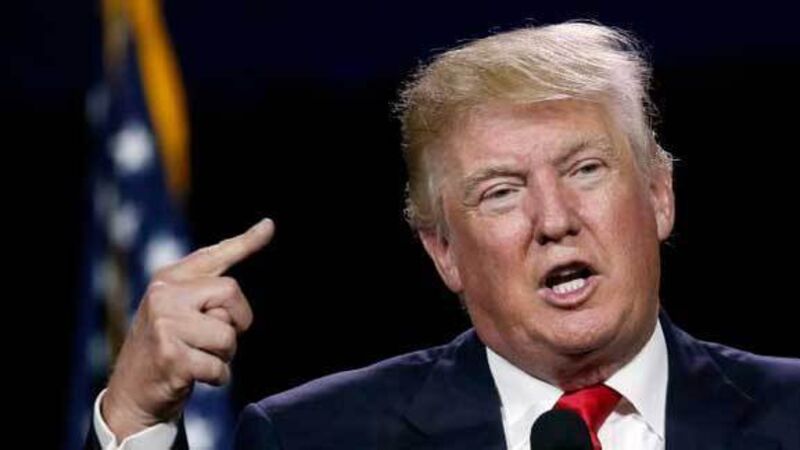The subtext of Donald Trump’s reckless tweets is that he lacks judgement

I ONCE had a client who did midnight texts. They were urgent, those texts. They were important. They predicted problems. It was oddly flattering to be the recipient of this man’s last, worried thoughts, before he hit the scratcher. At dawn, I would respond to them, and because he never came back to me about them, I figured my expert advice had, in each case, solved the problem.
Big mistake. Huge. I discovered, one day, that I was a minor extra in the ‘Midnight Text’ production. The texts were pinging into the phones of dozens of us. It was only when a couple of us got together that we worked out that none of us was special. We were just names in his contact list. Nor, we realised, after a look-back, were the messages important. Rather, they were a form of self-expression, occasioned by a late-night bottle of wine. Some people, when you throw a few scoops into them, do karaoke. Some text. This man texted. The moving finger wrote, and having written, might as well not have bothered, because the missives disappeared in a matter of minutes, at least from the sender’s consciousness.















